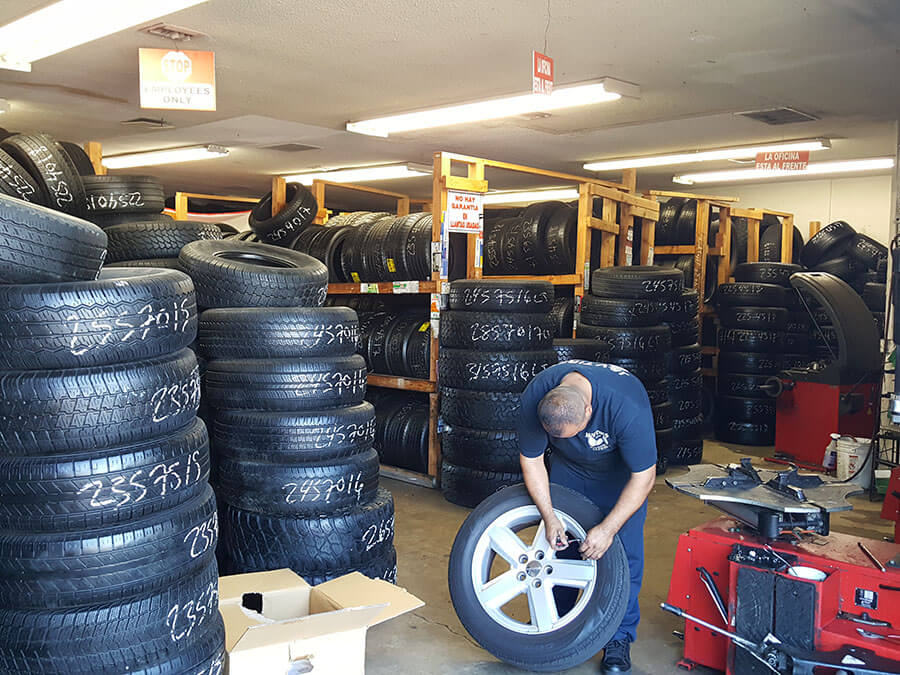Count On Morris Tire and Alignment for Expert Service and Care
Count On Morris Tire and Alignment for Expert Service and Care
Blog Article
Tire Solution: Comprehending Tire Pressure Tracking Systems
Recognizing Tire Pressure Tracking Systems (TPMS) is a crucial element of maintaining ideal lorry performance and security when driving. With developments in auto technology, TPMS has actually come to be a common feature in modern-day automobiles, providing real-time info on tire pressure levels. Delving much deeper right into the ins and outs of TPMS, one can discover the different elements that comprise this system and the value of each in making sure precise tracking. From straight to indirect TPMS systems, the landscape of tire stress tracking varies, each with its one-of-a-kind collection of advantages and considerations. Keep tuned to decipher the complexities of TPMS, from maintenance pointers to the obvious advantages of keeping your tires properly pumped up. morris tire and alignment.

Significance of TPMS
The importance of Tire Pressure Surveillance Systems (TPMS) hinges on their ability to boost lorry security and performance with real-time tracking of tire pressure degrees. Preserving the appropriate tire pressure is crucial for guaranteeing optimal handling, stopping, and general safety of a lorry. TPMS provides vehicle drivers with prompt comments on any underinflated or overinflated tires, enabling for timely adjustments to be made.
Elements of TPMS
Making up different vital aspects, a Tire Stress Monitoring System (TPMS) works as a sophisticated safety and security feature in contemporary vehicles. The major components of a TPMS consist of sensors, a control component, and a warning sign. Sensors are commonly situated in the tire shutoff stem or affixed to the wheel assembly, where they measure tire pressure and transfer information to the control component. If it finds significantly low pressure in any of the tires, the control component procedures this details and sets off a warning. The warning indicator, frequently a sign on the dashboard, notifies the driver to check the affected tire or tires. Some advanced TPMS models likewise present the actual tire pressure analyses for every tire, giving vehicle drivers with real-time information to guarantee optimal tire efficiency and safety and security. By checking tire stress continually, TPMS aids stop mishaps, decreases tire wear, and improves fuel efficiency, making it an important component for lorry safety and efficiency.
Kinds of TPMS

On the other hand, indirect TPMS counts on the automobile's wheel speed sensing units to monitor tire pressure. This system finds underinflation by comparing the rotational rates of the wheels. Indirect TPMS is much less pricey than straight TPMS, as it utilizes existing sensors within the vehicle.
While straight TPMS supplies more accurate analyses, indirect TPMS is less complex in layout and usually calls for much less Read Full Report upkeep. Both systems have their constraints and benefits, and the selection in between them usually depends on factors such as cost, vehicle make, and personal preference. Understanding the differences in between these 2 kinds of TPMS can aid lorry proprietors make educated choices pertaining to tire upkeep and safety and security.
TPMS Upkeep Tips
Conduct regular checks on the tire stress levels and compare them with the TPMS readings to ensure they are constant. Throughout tire turning or replacement, make sure that the TPMS components are managed carefully to prevent any prospective damages. If the TPMS alerting light brightens on the control panel, resolve the concern quickly by inspecting the tire pressures and the general system for any type of faults.
Benefits of Appropriate Tire Pressure
Preserving appropriate tire pressure, as highlighted in TPMS Maintenance Tips, is vital for gaining the countless advantages connected with optimum tire stress degrees. One of the main benefits of maintaining the correct tire stress is boosted gas performance. When tires are appropriately pumped up, there is less rolling resistance, leading to far better gas economic situation. In addition, appropriate tire stress makes certain also tire wear, expanding the life-span of the tires and promoting safer driving problems. With the ideal tire pressure, automobiles also have far better handling and grip, specifically in damaging weather. This can enhance total driving performance and security for the chauffeur and passengers. Maintaining ideal tire pressure can add to a smoother and much more comfy trip by reducing resonances and noise triggered by their website underinflated tires. Finally, the advantages of proper tire stress exceed just tire long life; they include boosted fuel efficiency, improved safety, far better car performance, and total driving convenience.
Verdict
In conclusion, recognizing tire pressure tracking systems (TPMS) is important for keeping optimal tire stress and ensuring car safety. By recognizing the relevance of TPMS, knowing with its parts, knowing the various types available, adhering to appropriate upkeep ideas, and understanding the advantages of maintaining appropriate tire pressure, chauffeurs can enhance their driving experience and extend the life expectancy of their tires. Appropriate tire pressure is vital to secure and reliable lorry procedure.

Report this page